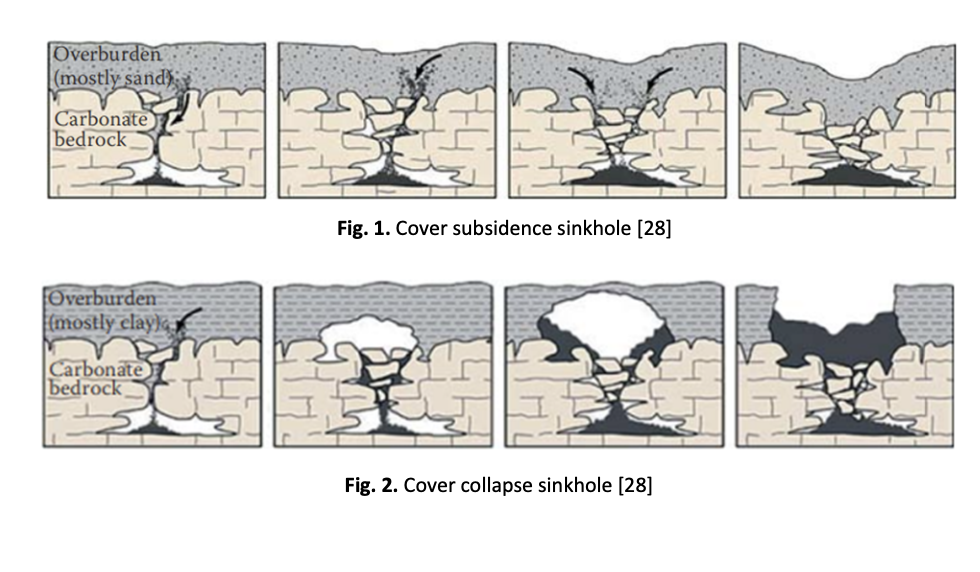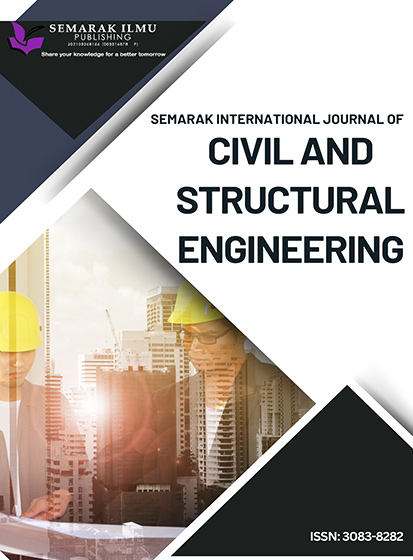Understanding Road Infrastructure Failure in Kuala Lumpur: A Comprehensive Literature Review
DOI:
https://doi.org/10.37934/sijcse.6.1.1222Keywords:
Urban transport, road quality, public safety, urban planningAbstract
Road infrastructure failure poses significant challenges in Kuala Lumpur, Malaysia under conditions of rapid urbanization and high rainfall intensity. This review paper compiles and analyses real-world cases, causes and preventions strategies related to road infrastructure failure happened in Kuala Lumpur. Those road infrastructure failures include manholes, road pavement failure, soil slope failure, internally stabilized retaining wall failure and surface and subsurface drainage failure have impacted the urban transport efficiency and road quality. Real-world cases such as the 2024 sinkhole incident and the 2012 landslide incident indicates the potentially severe consequences of the road infrastructure failure on public safety and highlights the urgent need for better urban planning. This study was conducted through literature review on some government guideline, research papers, journals and online newspapers which are related with the road infrastructure failure to identify the causes and prevention strategies. Findings from past research indicates that factors such as heavy rainfall, poor installation, improper reinforcement replacement and inadequate materials are the causes of the road infrastructure failures. Prevention strategies suggested in the paper include proper drainage planning, consistent maintenance and improve design of road infrastructure may prevent the failure. This review aims to guide future road infrastructure development in Kuala Lumpur by summarizing the existing knowledge on the causes and prevention mitigation. By understanding those road infrastructure failures, engineers and planners may prepare for more sustainable and reliable design. Additionally, this paper also provides a foundation for future research focused on the road infrastructure failure.













